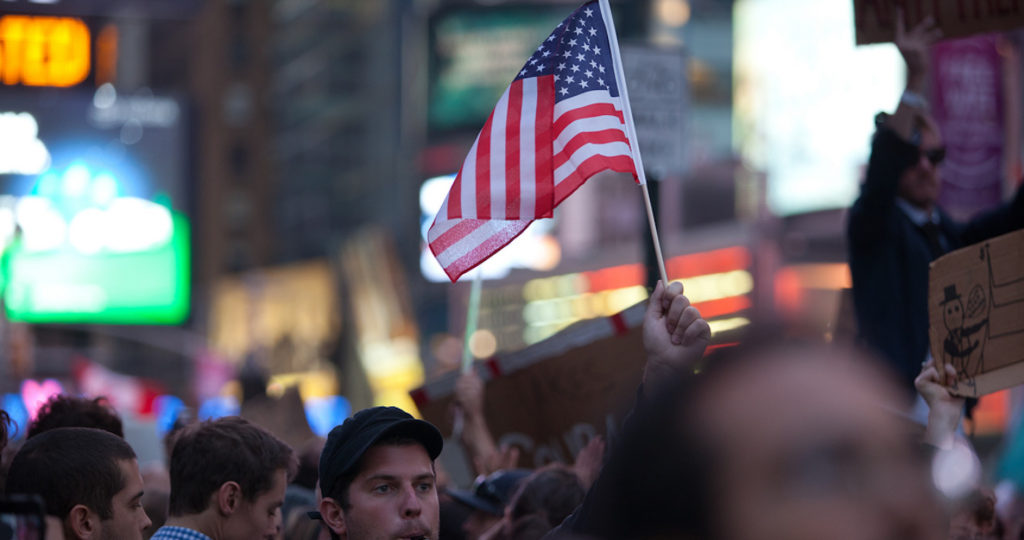My family’s American story starts off in mid-August of 1947, when my grandfather was a young man of 25. After the termination of 300 years of British rule in India, centuries of coexistence were abruptly disrupted with India partitioned into two independent nations: India and Pakistan. Millions of Hindus were driven out of the newly defined borders of Pakistan, while Muslims were forced to take off in the opposite direction away from India.
As a Hindu living in Lahore, a Muslim-majority city, my grandfather, along with nearly 15 million others, had become a religious refugee overnight. Hindus were murdered in the streets, Hindu women were raped and then dismembered, and mobs set fire to trains as Hindus desperately attempted to flee. My grandfather watched the memories of his childhood being destroyed before his eyes. The restaurants he often ate at with his family, his old secondary school, the playground he used to go to when he was a carefree toddler, all ravaged by the mobs. He had to pick up and leave the only place he had ever known with little more than the clothes on his back.
My grandparents fled to Chandigarh, the capital of the Indian states of Haryana and Punjab. There, they stayed with distant relatives until my grandfather, with his strong background in science, was able to attain a position as a professor of chemistry at Panjab University. From a second-class citizen under British rule to a religious refugee with a chance at a new beginning, my grandfather was hopeful for his new life in Chandigarh. But, with new beginnings only came new challenges. Even after 20 years my grandfather still worried about how he was going to provide a future for his children. He wanted more than a paycheck-to-paycheck life for them, and he strongly believed in the value of a higher education. After all, when life stripped him of his home and his wealth, it was his education that had remained and gave him the opportunity to start over.
![]()
In 1968, my grandfather’s prayers were answered. He was asked by Panjab University to present to members of the administration at Howard University in Washington, D.C. who were visiting universities in India to observe teaching methods. They were so impressed with his passion and knowledge about chemistry that they offered him a position as a chemistry professor at Howard. The offer also included free Howard tuition for his children.
My grandfather, like most, had known America as the place where immigrants, with nothing but a glint in their eye and a dream in their head, could make something of themselves. So, for the second time in his life, he picked up his bags and left for a foreign land — bidding a temporary goodbye to his wife and children until he could cover the costs of their travel — but this time running towards a dream of a better future for his children.
My America is one where my grandfather’s hopes to provide to his children the life he could not have for himself are sewn into the immigration policies. My America is one in which welfare policies are connected with my grandfather’s struggles to put food on the table.
On his first day in the free world, America seemed only to live up to the glamorous stories that my grandfather had heard. Howard’s campus was brimming with intelligent minds filled with dreams as big as his. After working a late night refining his curriculum, he decided to walk the five miles back to his apartment, rather than take the bus, to preserve the little money that he brought with him from India. The streets grew quiet as my grandfather moved away from campus. With only the thoughts of a better life in his head, he could have never expected the crack of the bottle and the subsequent jolting pain in his head, or the feel of the intrusive hands in his pockets as they ripped away his only money. On his first day in America, my grandfather was left a beaten and penniless dreamer.
Despite the hardship caused by the ensuing medical costs and the familiar insecurity of bills piling high, with Howard University sponsoring the visas of his children and wife, my grandfather was able to bring his family to America after two years. From there, my family’s journey reflects the timeless story of American immigrants making something out of nothing.
My story of America is one that began long before I was born, and the meaning of ‘American’ has adopted a different meaning with each generation of triumph and struggle. To my grandfather, to be an American was to stand up even after his blood streaked the pavement and keep moving towards better times. To his son, my father, to be an American is to recognize the privilege of opportunities and to appreciate the capacity to dream of more.
To me, to be an American is to have the ability to share the story of my grandparents, and to let it shape America the way that it has shaped me. My America is one where my grandfather’s hopes to provide to his children the life he could not have for himself are sewn into the immigration policies. My America is one in which welfare policies are connected with my grandfather’s struggles to put food on the table. My America is one where the burden of my grandfather’s medical expenses are highlighted in healthcare policies.
I tell my story of America by voting for the America of boundless and equal opportunities that my grandfather dreamed of.
Samira Mehta is a sophomore at the University of Pennsylvania studying biochemistry and chemistry. She is a writer for Unearthed Penn, a free science magazine for West Philadelphia middle and high school students.


